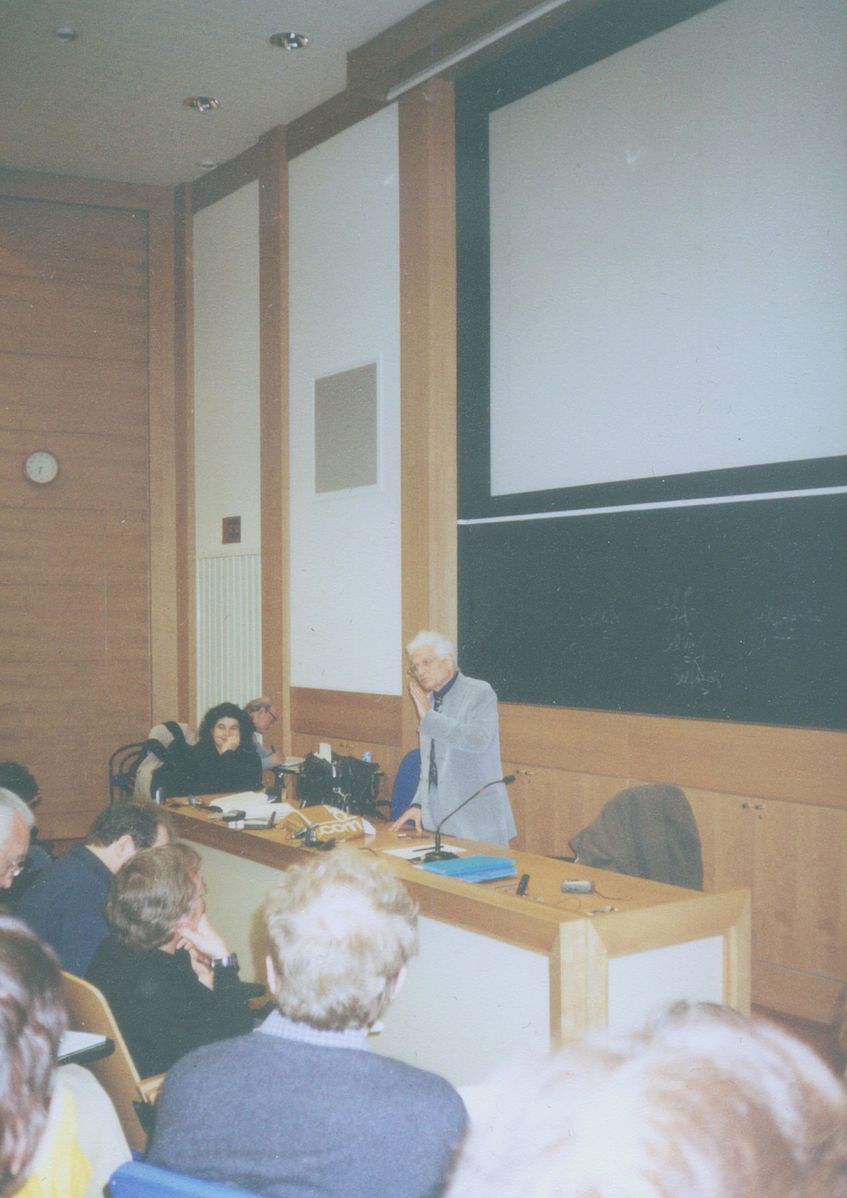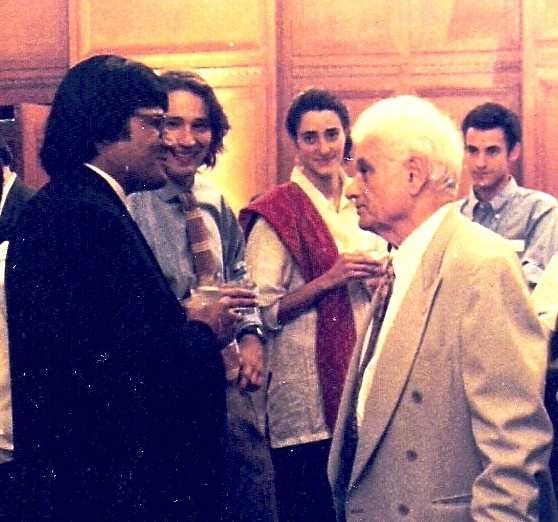In fact, deconstruction has no opinion about whether truth ultimately exists. What it can say, like with God, is we can have faith in truth or we can have faith that there’s no truth, but we can’t prove it. Until then, we have to work with what we’ve got. We have to explore the way that the word ‘truth’ is used, what it does. We deconstruct it.
Now, all of us in our general lives actually do this. If I read a poem, I can say, how true it is. If a friend tells me that their boyfriend, girlfriend, husband, wife is terrible, I can say, that’s very true. If I do some sums, quadratic equations, I come up with an answer and say they’re true. I move between these registers of truth very easily. I don’t even think about it, unless perhaps I’m reading Derrida. So, that’s what Derrida’s trying to capture: the way that these terms are used, the way that we move between these registers. Derrida’s always trying to capture what it’s actually like to be alive. He thinks philosophers have got it wrong by trying to pin the butterfly, but he thinks they’re valid questions to ask and questions we should be asking. What we can’t come up with is a definitive answer to that.


